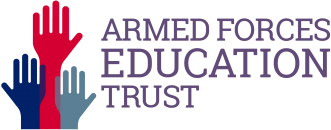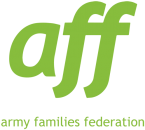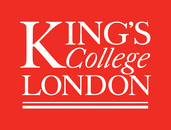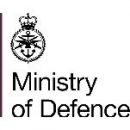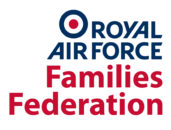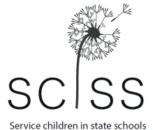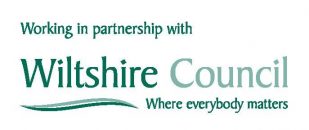The context for Service children
For the purposes of the SCiP Alliance’s work, a Service child is defined as:
A person whose parent, or carer, serves in the regular armed forces, or as a reservist, or has done at any point during the first 25 years of that person’s life.
Service children: some facts
Service children are educated in over 10,000 schools and as such are likely to be educated in schools that are within reach of all higher education providers.
Students from military service families often display many positive qualities including open-mindedness, pride, determination, resilience and being self-possessed. Nevertheless, there are a range of particular challenges that may be associated with being a child of a current or former military service personnel and this may impact on the likelihood of accessing and succeeding in higher education.
Attainment
The children of Service personnel are seen to attain as well as or better than their peers over all.
Mobility
Moving between schools can impact on students’ academic outcomes. This can occur because of delays, poor communication between schools, inadequate transition arrangements (particularly for those with additional learning needs and those sitting examinations) and differences in curriculum provision. Mobility can also impact on students’ emotional wellbeing, for example through disrupted friendships and an increased potential for bullying.
Deployment and separation
Parental deployment and separation can place strains on family life and impact upon the educational and emotional wellbeing of service children.


